When it comes to the question of excellent alternative Operating Systems to macOS and Windows there is no shortage of Linux options. But not all Operating Systems are created equal and a select few of them stand shoulders high above most of the others.
Today, I bring you my list of the best distros you can give a test run this 2022. Who knows, you might just love it too much to stop using it.
1. Linux Mint
Linux Mint is a beautifully designed Ubuntu-based distro that has come to be one of the most popular Linux distros in the market. It prides itself as an elegant, easy-to-use Operating System created for the modern user and uses dpkg as its package manager with Cinnamon as its default Desktop Environment.

2. Peppermint OS
Peppermint OS is a Lubuntu-based cloud-centric Operating System designed to run on a range of computing systems especially those in the low hardware class. It is open-source, uses LXDE as its default Desktop Environment with Xfce's panel and application menu, and offers automatic updates.
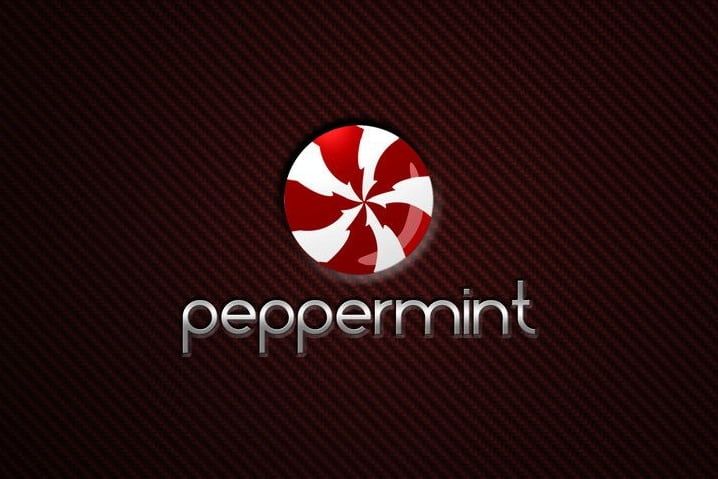
3. OpenSUSE
OpenSUSE is a SUSE Linux GmbH (among other companies) -sponsored Linux popular for its upvote in the systems administration and security departments. It offers several options for its UI i.e. GNOME Shell, KDE Plasma 5, KDE Plasma 4, and Xfce. The major goals of the OpenSUSE project are to be the easiest OS to access and use, to improve collaboration in the open-source community, and to simplify application development and packaging.

4. MX Linux
MX Linux is a Debian-based desktop-oriented Operating System that came to be as a result of a joint project venture between the former MEPIS Linux and antiX communities. It is based on the stable branch of Debian's official releases, uses Xfce as its default Desktop Environment, and has been designed to offer users a reliable performance with mid-level memory requirements.
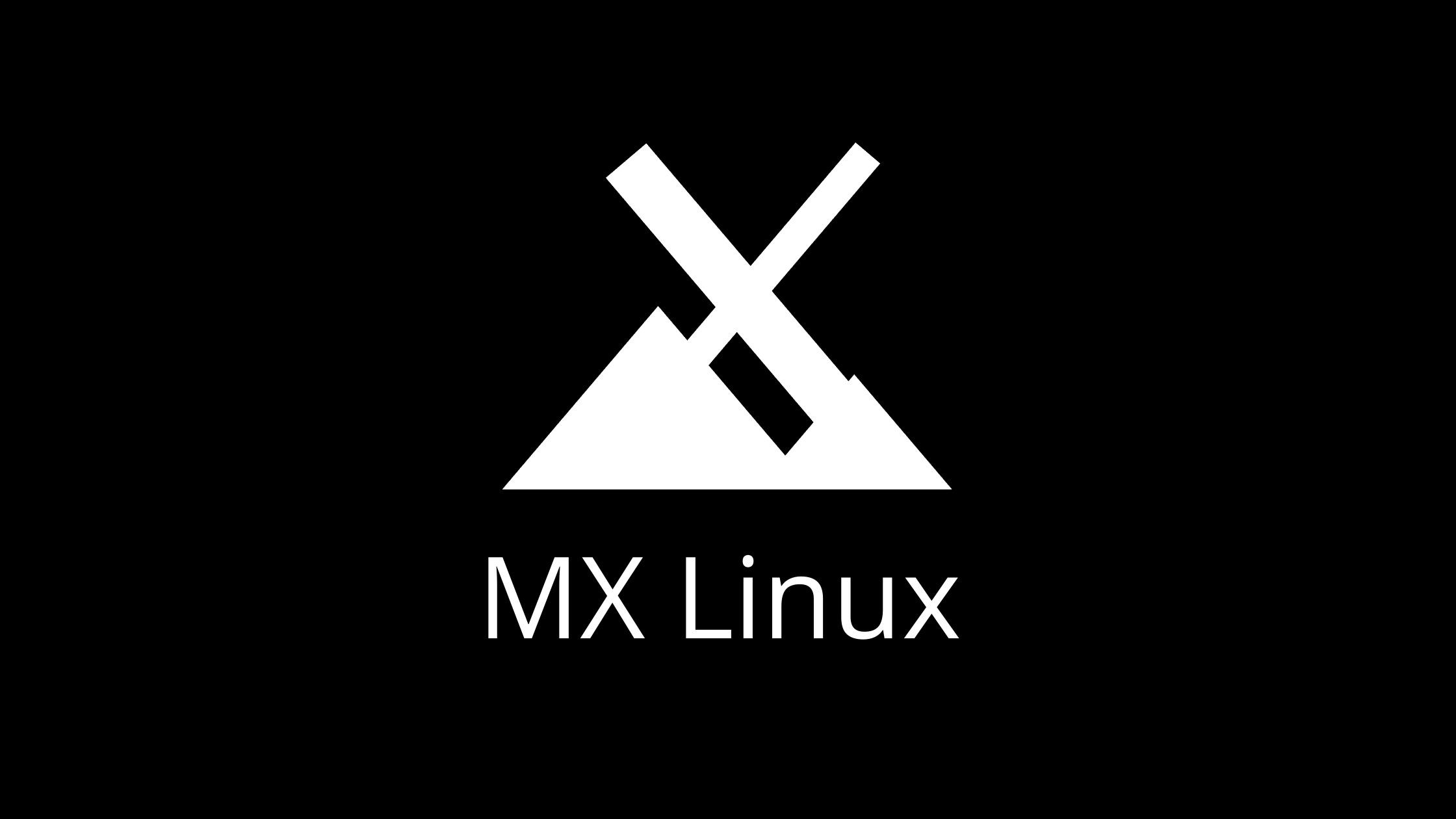
5. Ubuntu Budgie
Ubuntu Budgie is an elegant community-driven Linux distro designed to deliver excellent performance on both old and new computers. As the name suggests, it is powered by Ubuntu and features a powerful and customizable workstation that is easy to use and sleek in operation.

6. NixOS
NixOS is a unique Linux distro as it is built on top of the Nix package manager to approach software package and configuration management differently and hopefully, better. All the packages within the OS are stored independently of each other in such an innovative way that what started as a research project is now a full-fledged Operating System.
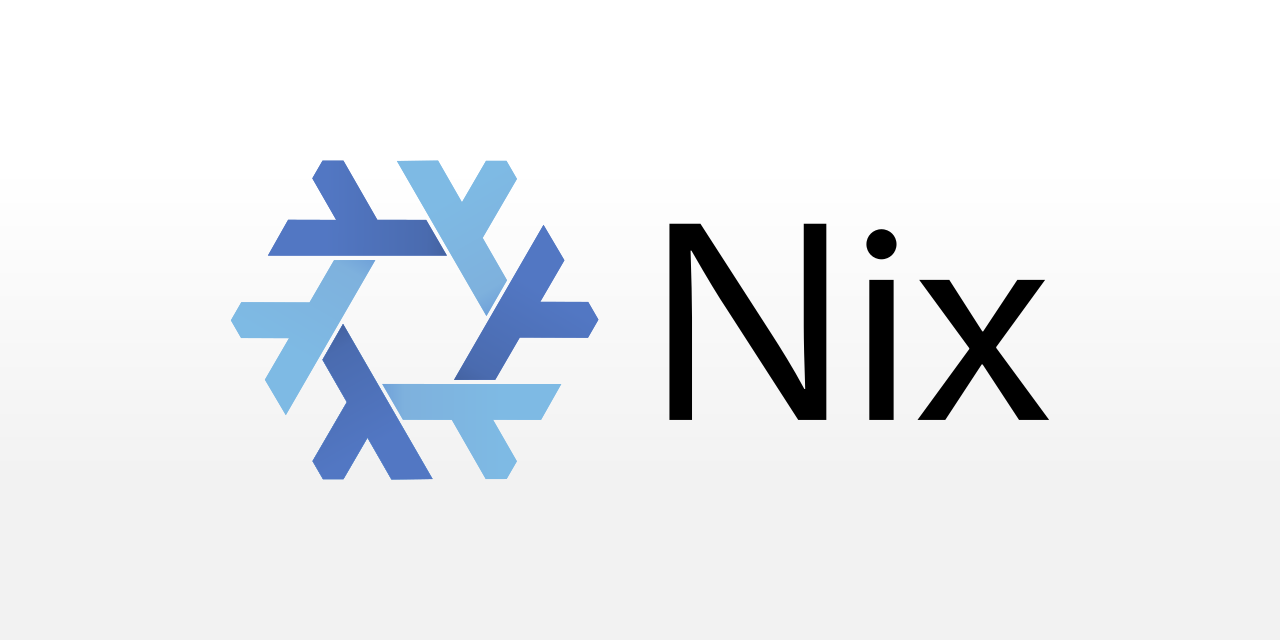
7. Deepin Linux
Deepin Linux is a beauty-centric Debian-based distribution that exists to provide Linux users with an accessible, user-friendly, and reliable Operating System with a uniform User Experience. It boasts its home-grown applications such as DMusic, Deepin Software Centre, and DPlayer, and uses a custom Desktop Environment, Deepin Desktop Environment (DDE) which is based on the Qt 5 toolkit.

8. ZorinOS
ZorinOS is a Linux distro designed with a focus on making newcomers to the Linux community feel at home. It is based on Ubuntu to boast a Windows-like GUI and similar applications. Given that it aims to be the perfect Linux alternative to macOS and Windows, ZorinOS is designed to make computers secure, more powerful, and faster.
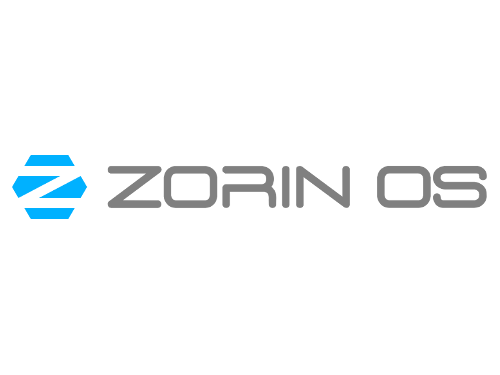
9. Solus
Solus is a Linux distribution that is built from the ground up with a bespoke Desktop Environment, Budgie, which is customizable enough to replicate the look and feel of the GNOME 2 Desktop Environment. Although Solus is designed to provide home consumers with a wonderful computing experience, it is available for only 64-bit architectures.

10. Ubuntu Desktop
Ubuntu is the most popular Linux distribution and has since become the most sort after Linux distro seeing as it has support from both developer communities and professional companies. Based on Debian, Ubuntu is an excellent choice for home and enterprise computing and no good list of Linux distros is complete without it. Even Linux Mint which seems to be getting more likes these days draws a great deal of inspiration from it and so while it is almost the last on this list, it is unquestionably not the least.
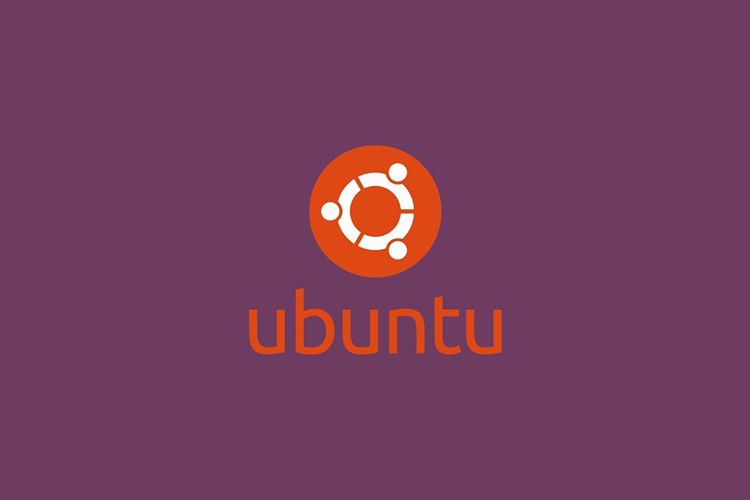
11. Pop!_OS
Pop!_OS is a free and open-source distro developed by Linux computer manufacturer, System76. It is based on Ubuntu with a custom version of the GNOME desktop to promote STEM research and other creative ventures. Although it was first released just about 2 years ago, Pop!_OS has been making waves among professionals, academics, gamers, and Linux hobbyists and is becoming a distro to be should be reckoned with.
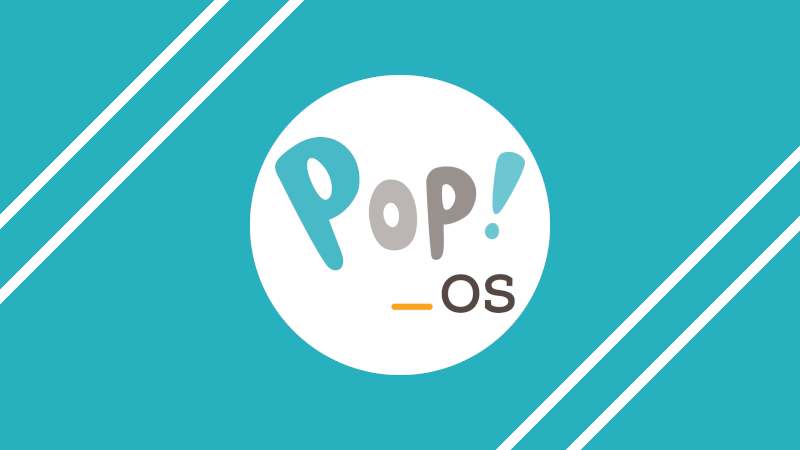
12. Fedora
Fedora is a free and open-source operating system for clouds, hardware, and containers with the aim of enabling software developers, companies, and contributors to develop a tailored solution for their users. It is primarily supported by a subsidiary of IBM, Red Hat with additional support from the Fedora Project.
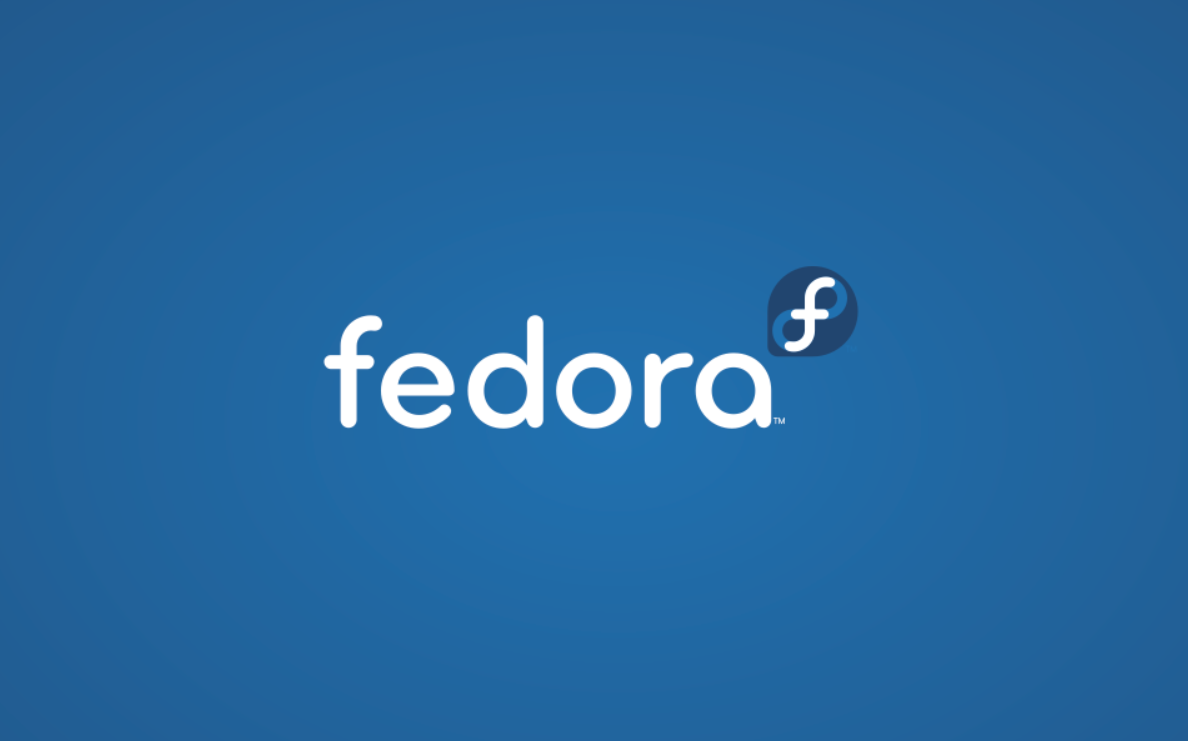
13. Garuda Linux
Garuda Linux is a free and open-source operating system built to provide Linux users with a performance boost while maintaining beauty. Being a distro designed with elegance and simplicity in mind, Garuda Linux ships with handpicked desktop themes with beautiful animation and blur effects for a pleasant UI/UX, Pamac for package management, and a range of tweaked (advanced) settings for easier preference setting.

Conclusion
What's your take on these Linux distributions? Is your favorite Linux operating system on the list? Perhaps there are others worthy of mention - drop your thoughts in the comments section below. If you enjoyed this article consider signing up for our newsletter and don't forget to share it with people that would find it useful.

